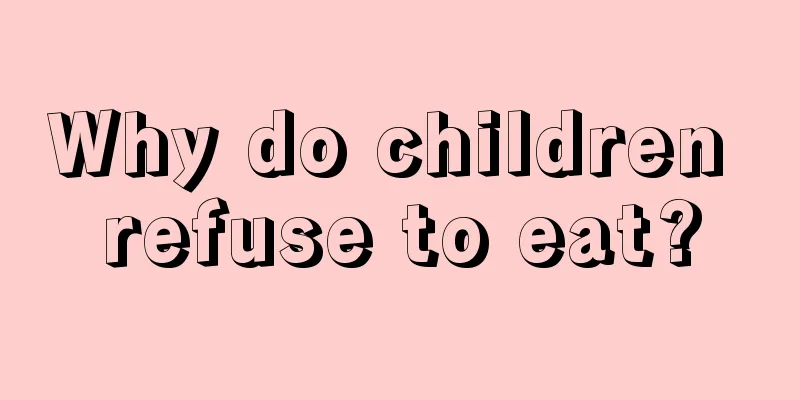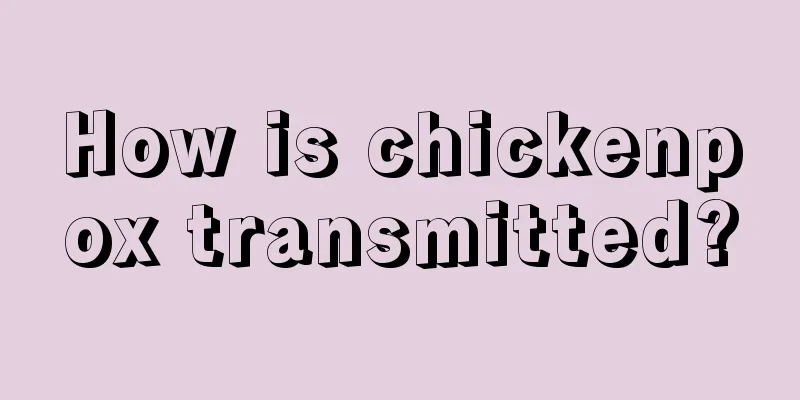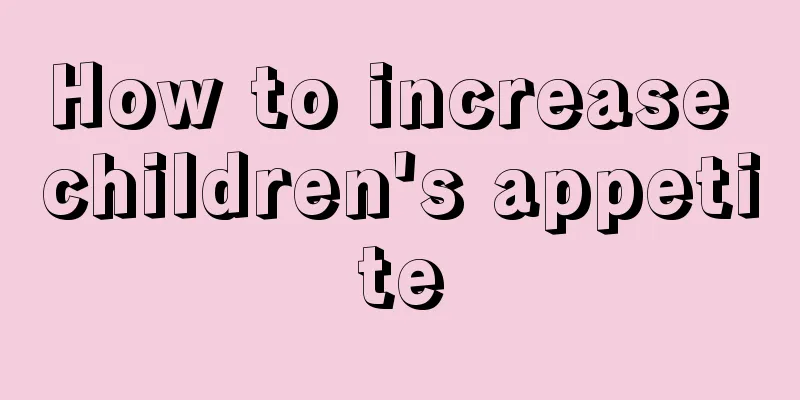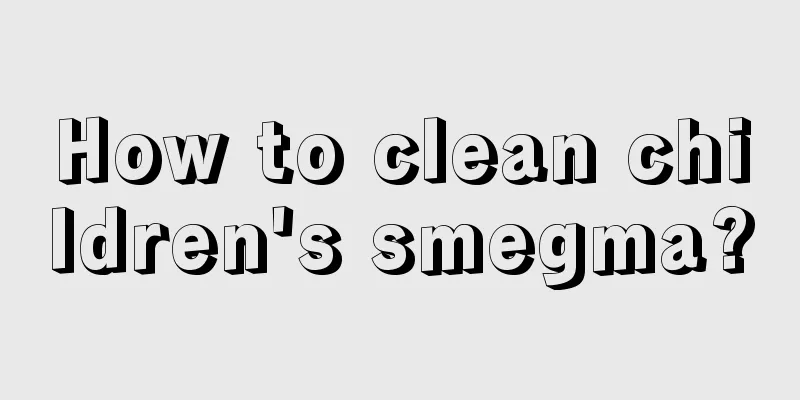Can babies eat seaweed?

|
When babies reach a certain age, they need to add complementary foods to supplement certain nutrients. Many parents want to know whether their babies can eat seaweed when adding complementary foods to their children. In fact, there is absolutely no problem for babies to eat seaweed, because seaweed contains relatively high content of vitamins, minerals and dietary fiber. Eating it in moderation is good for the baby's development. 1. Can babies eat seaweed? Of course babies can eat seaweed. Seaweed and other seafood contain a lot of nutrients such as zinc, iron and iodine. Babies over 7 months old can eat seaweed. But don’t feed too much. If the baby eats too much, he may lose interest in other foods, which will affect the baby’s absorption of nutrients. Kelp, seaweed, seaweed and other marine plant foods are very beneficial to human health. Eating them properly can help babies grow and develop. 2. Benefits of eating seaweed for babies 1. Nori is rich in vitamins and minerals, especially vitamins B12, B1, B2, A, C, E, etc. The protein it contains is similar to that of soybeans and 6 times that of rice; the vitamin A is about 67 times that of milk, the riboflavin is 9 times more than that of shiitake mushrooms, and the vitamin C is 70 times that of cabbage. It also contains bile alkaloids, carotene, thiamine, niacin, vitamin C, iodine, etc. 2. Nori has many functions such as clearing heat and promoting diuresis, nourishing the kidney and heart, lowering blood pressure, and promoting human metabolism. 3. Nori is rich in EPA (eicosapentaenoic acid) and DHA (docosahexaenoic acid), which can prevent human aging; it also contains a large amount of taurine, which can lower harmful cholesterol and help protect the liver. 4. One third of seaweed is dietary fiber, which can maintain intestinal health and excrete carcinogens from the body, and is especially beneficial for preventing colorectal cancer. 5. The trace amounts of polysaccharides contained in seaweed have proven to have an anti-cancer effect. Because seaweed contains rich bile alkaloids, eating seaweed regularly can improve memory loss. 3. Special Tips It is best to consume 15 grams of seaweed each time. To remove pollution and toxins, it is best to soak it in clean water before eating and change the water once or twice. Babies with poor gastrointestinal digestion or abdominal pain and loose stools should eat less seaweed. |
>>: Is it normal for twins to be one big and one small?
Recommend
The dangers of children playing with batteries
Batteries are a common item in people's daily...
What to do if your baby is anemic at ten months old
Babies' physical resistance is always weaker ...
What to do if your child has a cold and a stomachache? The fastest way
Children are most susceptible to catching cold. A...
What are the consequences of taking too much anti-inflammatory medicine for children?
In China, anti-inflammatory drugs generally refer...
What should I do if my 3-year-old child drools?
When the baby is four months old, as a family mem...
What to do if your baby has a persistent low-grade fever
It is quite common for babies to have a fever. If...
What happens if I take a shower after getting a vaccination?
In order to reduce the troubles that babies encou...
Symptoms of rickets in children
For a mother, the biggest disaster she can think ...
What is the importance of early childhood family education?
Although many families are now planning to have a...
What should I pay attention to when my 2-year-old baby has chronic pharyngitis?
In fact, the source of infection for patients wit...
What are the common diseases in pediatrics?
Children's physical health is an issue that p...
What to do if your one-year-old baby is anemic
Anemia not only exists in adults, it also exists ...
Symptoms of intestinal mucosal shedding in babies
The health of the intestine is very easily affect...
Why does my child always hiccup?
Hiccups are a common symptom in children. Even ad...
What should children eat to enhance their immunity when they catch cold?
Children are particularly prone to catching colds...









